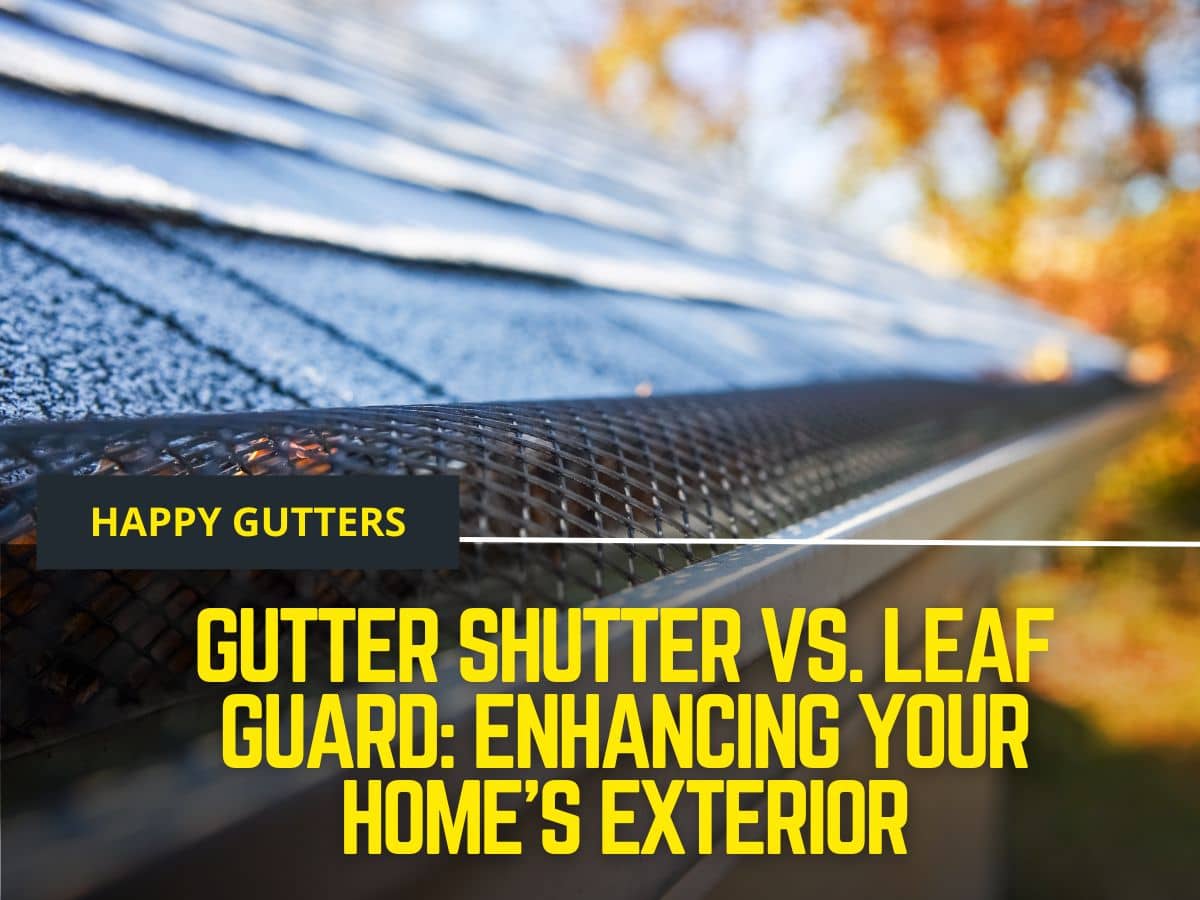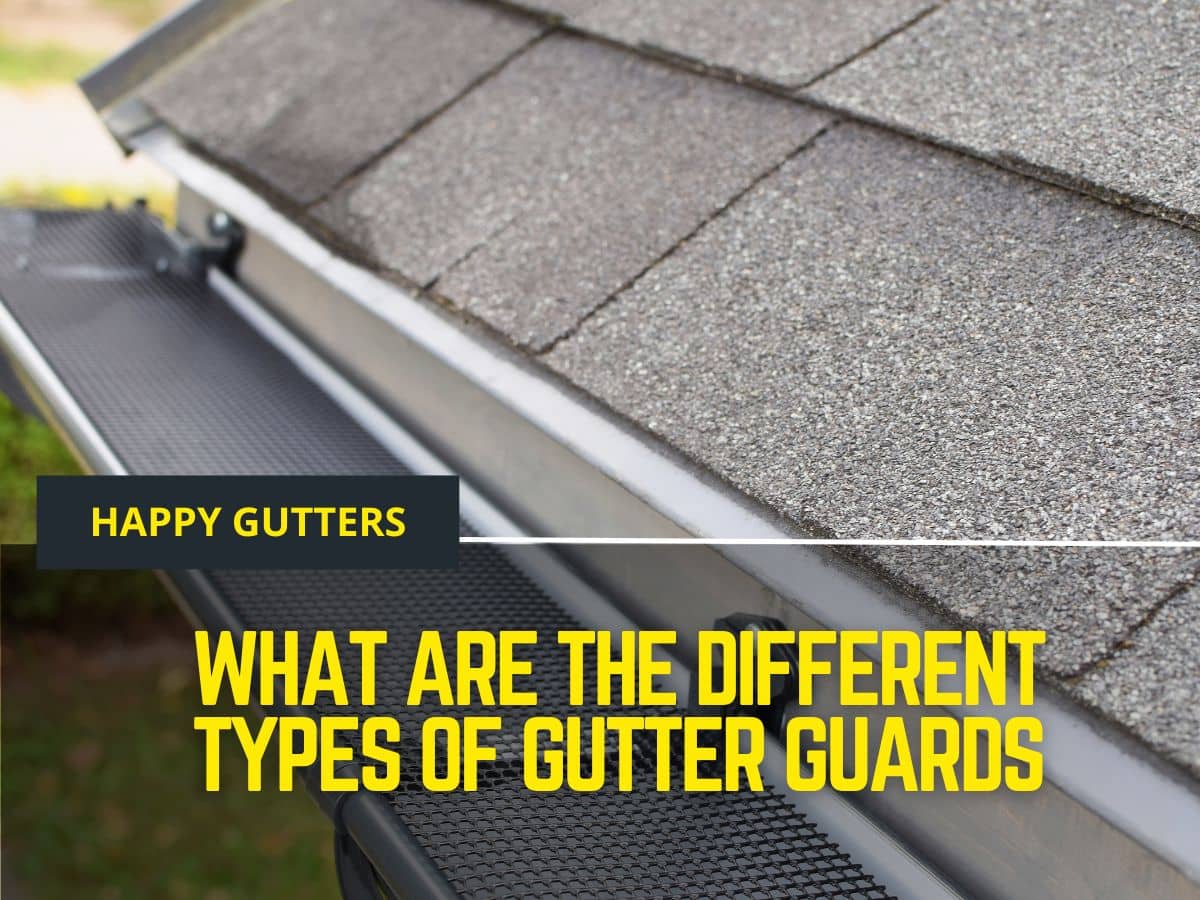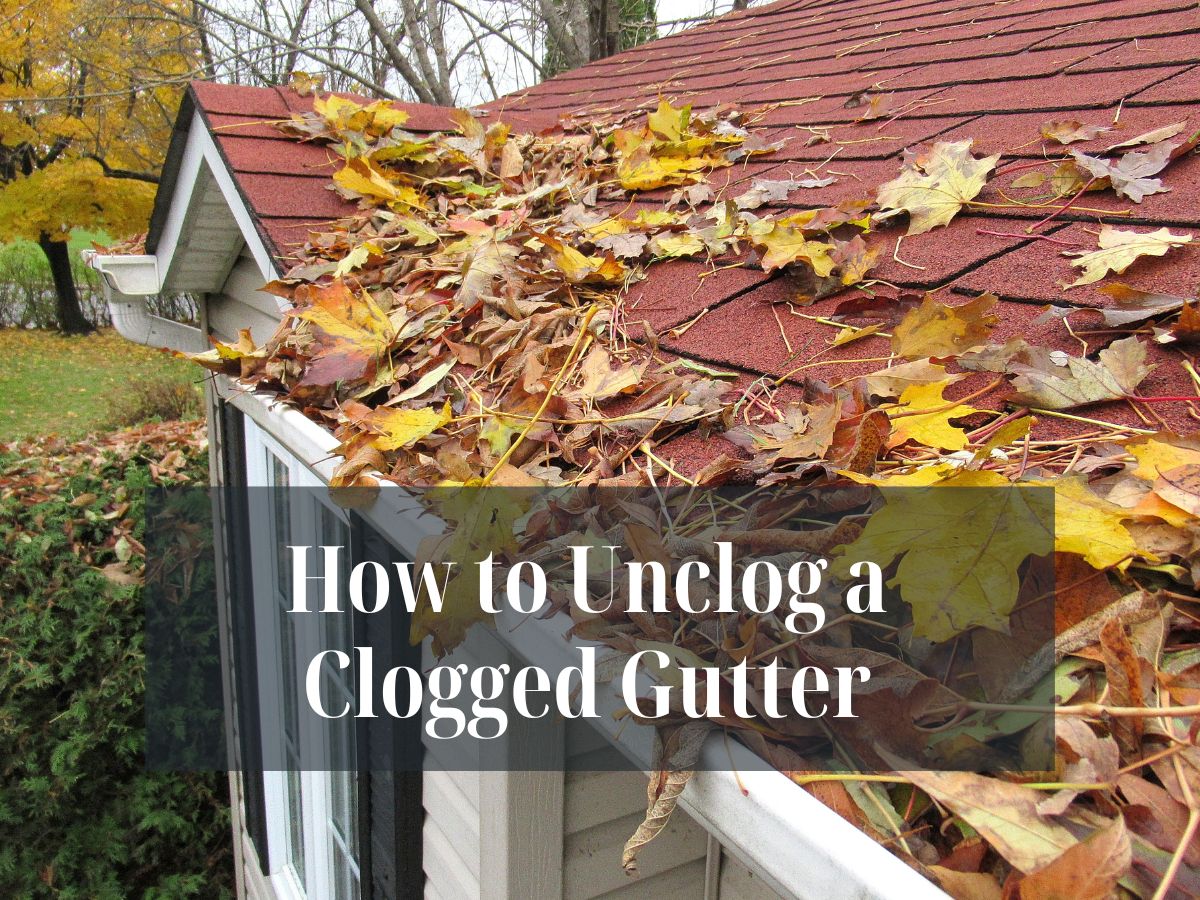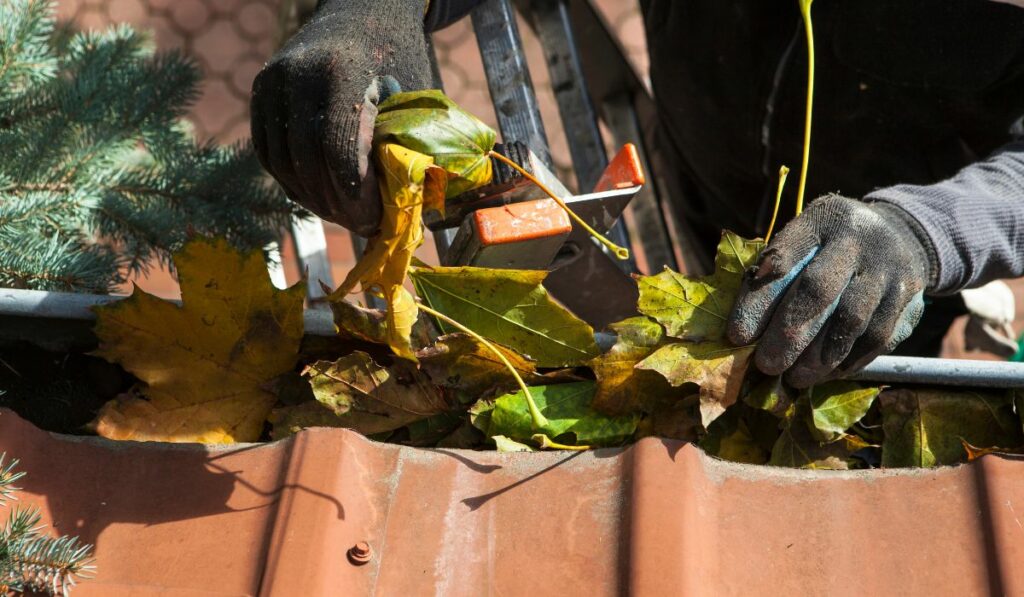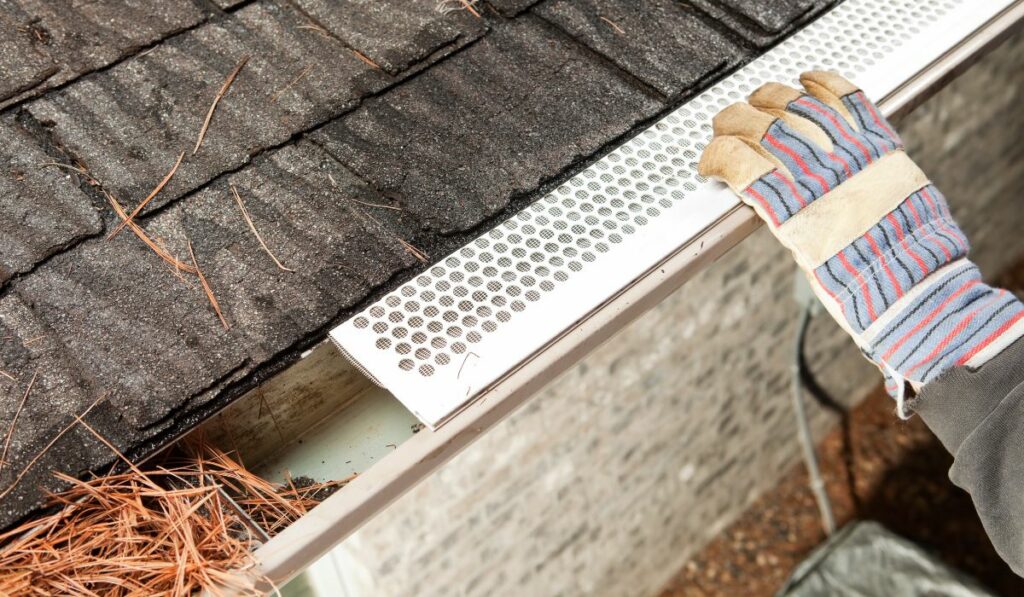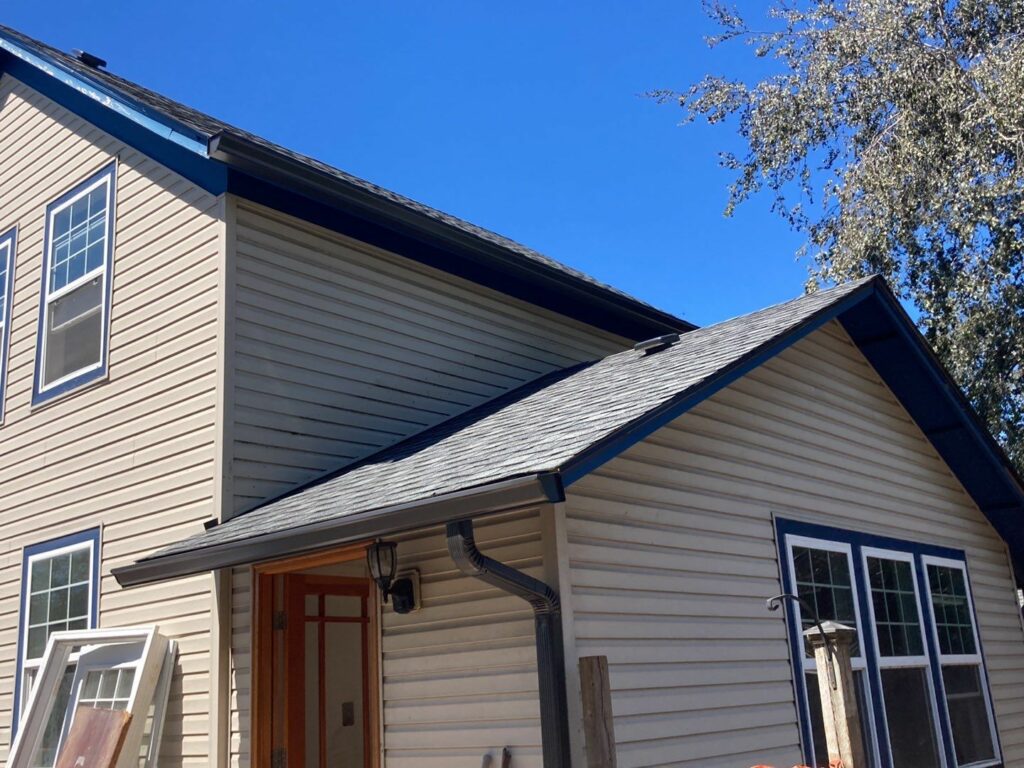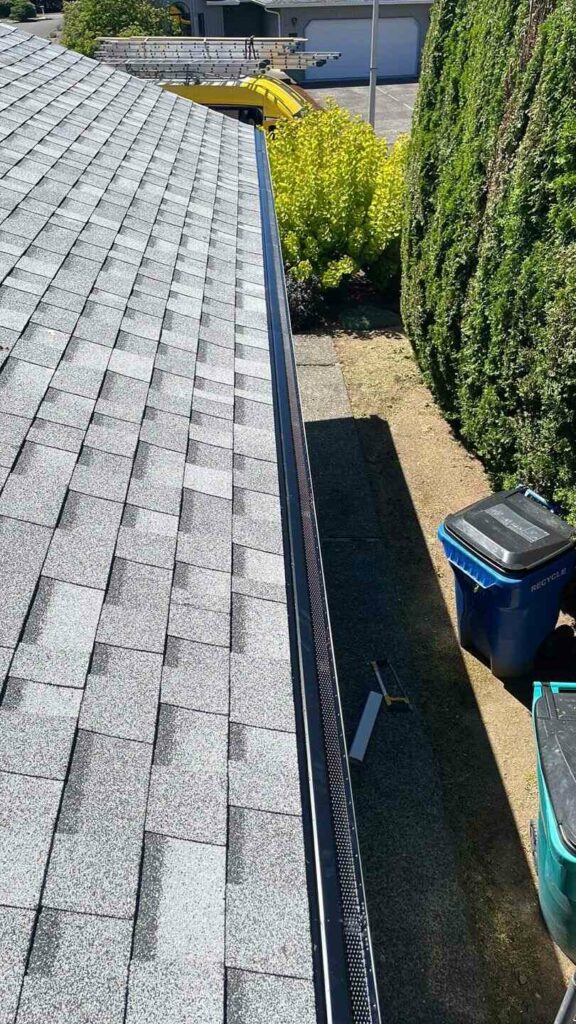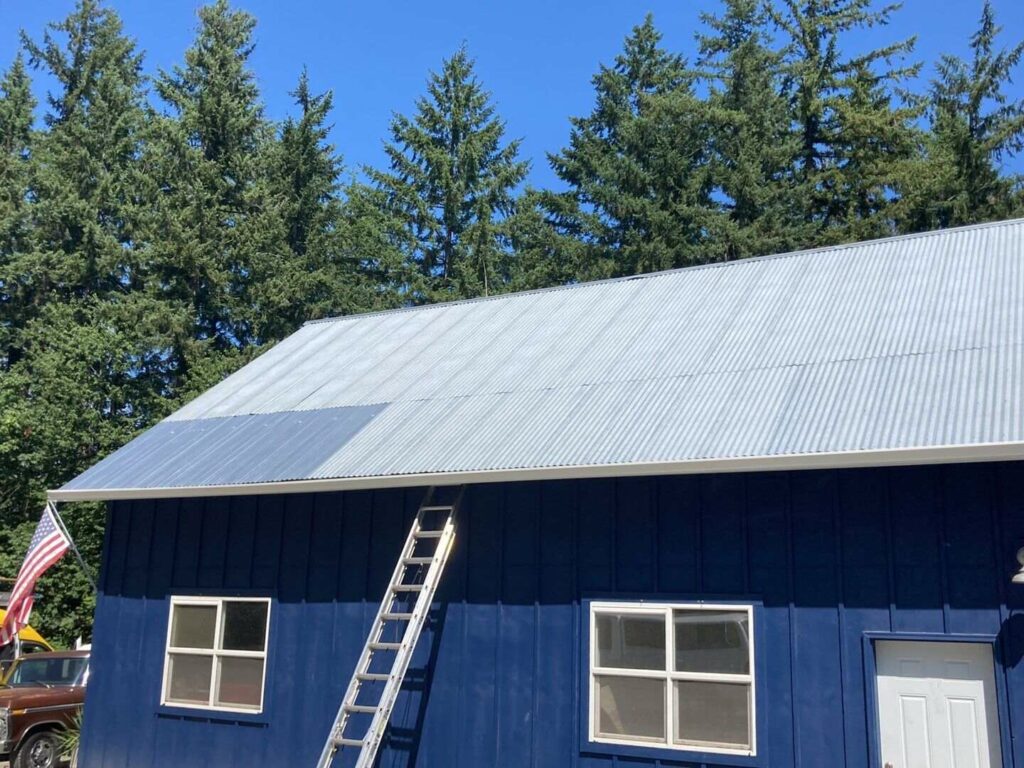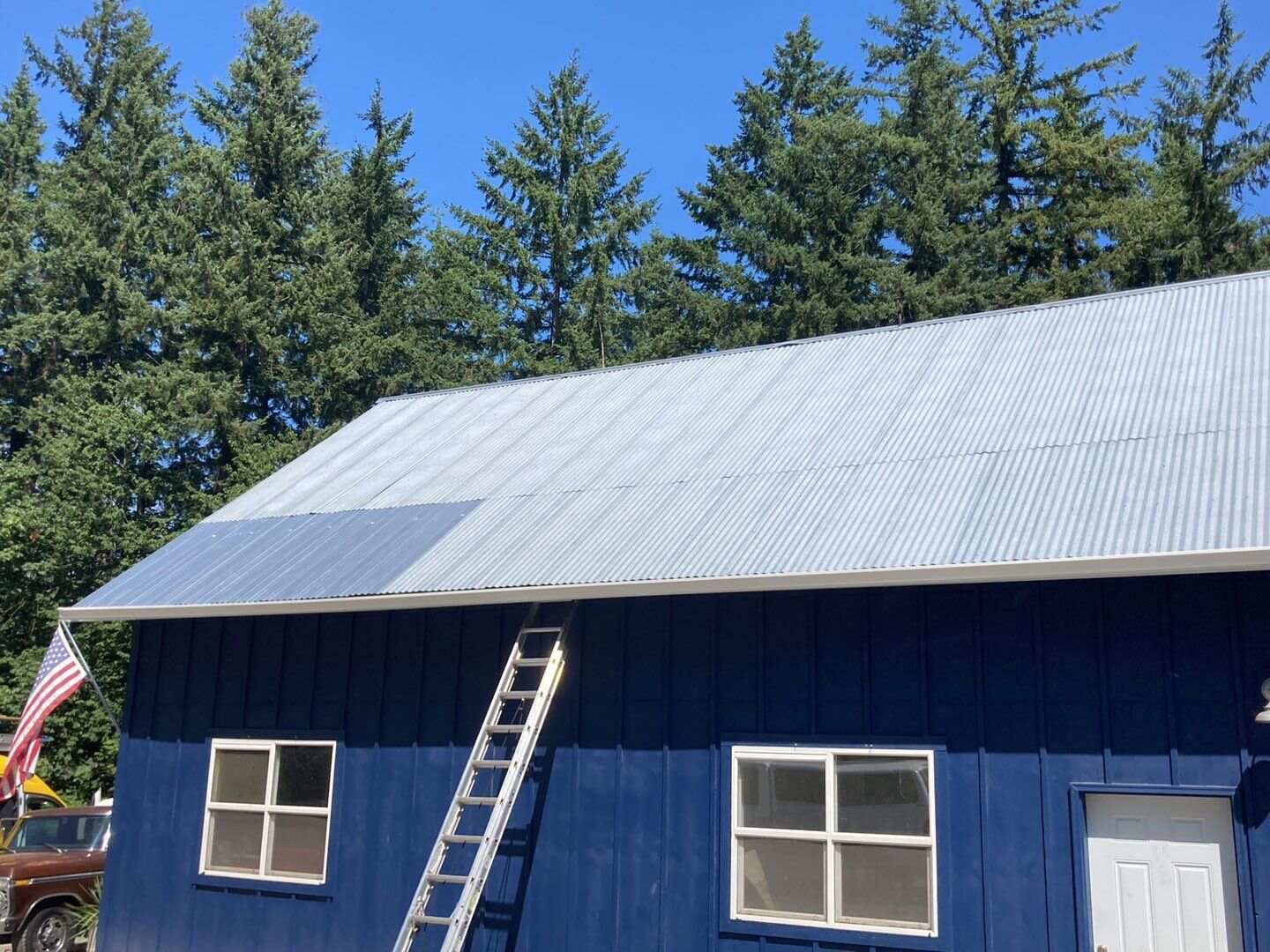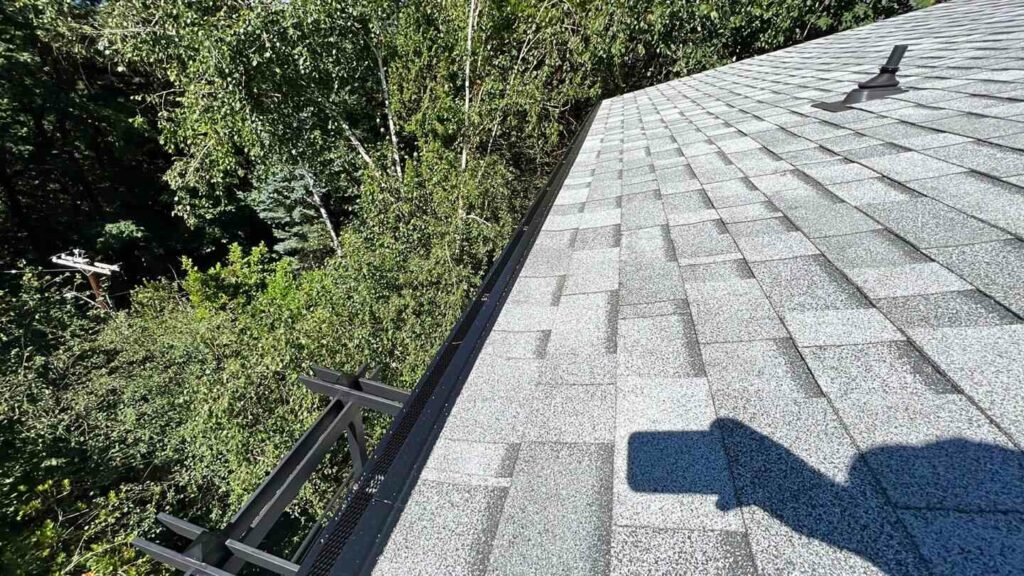When it comes to protecting your home from water damage and maintaining its exterior, investing in a reliable gutter protection system is key. Two popular options that homeowners often consider are Gutter Shutter and Leaf Guard. In this blog post, we will delve deep into the features, benefits, and performance of these systems to help you make an informed decision on enhancing your home’s exterior.
Why Gutter Protection Systems are Important
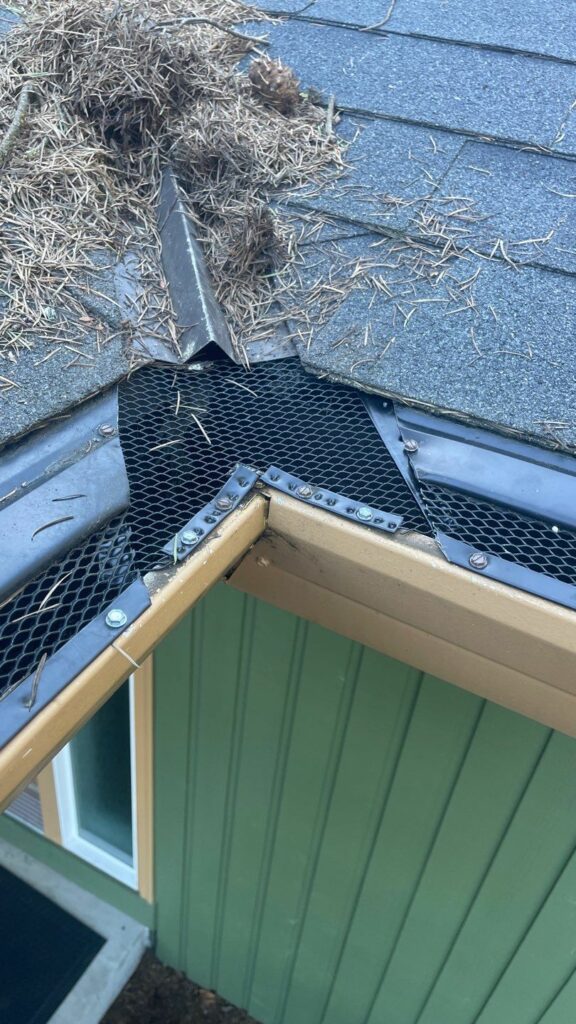
Before diving into the specifics of Gutter Shutter and Leaf Guard, let’s first understand why gutter protection systems are crucial for any home:
- Preventing water damage: By efficiently channeling rainwater away from your home’s foundation, siding, and landscaping, gutter protection systems help prevent costly water damage issues.
- Avoiding clogged gutters: Debris buildup in gutters can lead to mold, pests, and rot. Gutter protection systems ensure that your gutters remain clean and free-flowing.
- Extending the lifespan of your home: By maintaining clean and functional gutters, these systems contribute to the longevity of your home’s exterior components.
Understanding Gutter Shutter
Gutter Shutter is a premium gutter protection system that is designed to keep your gutters clean and functional. Here’s a closer look at what Gutter Shutter has to offer:
| Feature | Description |
| Durability and Longevity | Gutter Shutter is known for its robust construction, ensuring long-lasting performance and reliability. |
| Custom Fit and Design Options | Tailor-made to fit your home’s specific gutter system, Gutter Shutter offers various design choices to complement your exterior. |
| Low Maintenance Requirements | Once installed, Gutter Shutter requires minimal upkeep, saving you time and effort in gutter maintenance. |
| Warranty and Customer Satisfaction | Backed by a solid warranty and positive customer reviews, Gutter Shutter ensures peace of mind for homeowners. |
Advantages of Gutter Shutter®
1. Gutter Shutter® is a high-quality gutter protection system that is designed to keep leaves, debris, and water out of your gutters, preventing clogs and blockages.
2. The system is made from durable aluminum that is guaranteed to never sag, warp, or pull away from your home, providing long-lasting protection for your gutters.
3. Gutter Shutter® is designed to blend seamlessly with your home’s existing design and color scheme, ensuring that it complements the aesthetic of your property.
4. The system comes with a lifetime no-clog guarantee, giving you peace of mind knowing that your gutters will stay clear and free-flowing for years to come.
5. Gutter Shutter® is installed by trained professionals, ensuring that it is properly fitted and secured to your home, providing maximum protection and performance.
6. The system is low-maintenance, requiring minimal upkeep and cleaning, saving you time and effort in maintaining your gutters.
7. Gutter Shutter® can improve the overall value of your home by preventing water damage and protecting your foundation, landscaping, and exterior surfaces.
8. The system is backed by a strong warranty, providing added confidence in the quality and durability of the product.
Exploring Leaf Guard
Leaf Guard is another popular choice for homeowners looking to enhance their home’s exterior protection. Here are some key aspects of Leaf Guard:
| Feature | Description |
| Easy Installation | Leaf Guard is designed for easy installation and is compatible with a variety of gutter types. |
| Efficient Debris Filtering | This system, often referred to as a micro-mesh gutter guard, efficiently filters out leaves, twigs, and other debris, ensuring clean and clear gutters. |
| Cost Savings | Investing in Leaf Guard can potentially lead to cost savings over time by reducing the need for frequent gutter maintenance. |
| User Reviews and Ratings | Many homeowners praise Leaf Guard for its performance and effectiveness in keeping gutters debris-free. |
LeafGuard Benefits and Drawbacks
LeafGuard offers a high-performance gutter guard system that is an all-in-one solution for keeping your existing gutter system, often improved with the addition of gutter covers free of debris. The micro-mesh screen design allows water to flow through while keeping out pine needles and other small debris. However, the installation process can be costly and may require professional installation.
One drawback of LeafGuard is that it may not be as effective in heavy rain or preventing overflow during extreme weather conditions. Additionally, the cost of LeafGuard may be higher compared to other gutter guard companies. It’s important to research and consider all gutter guard options before choosing the right type of gutter guard system for your home.
A Comparison of Gutter Shutter vs. Leaf Guard
Let’s now compare Gutter Shutter and Leaf Guard based on several important factors:
| Factor | Gutter Shutter | Leaf Guard |
| Cost | Premium pricing with long-term value | Affordable option with potential cost savings |
| Performance | Exceptional debris prevention and water flow | Efficient debris filtration and gutter protection |
| Aesthetics | Custom design options for seamless integration | Easy installation and compatibility with various homes |
| User Satisfaction | Positive reviews and strong customer satisfaction | Well-received by users for its effectiveness |
Factors to Consider When Choosing Between Gutter Shutter and Leaf Guard
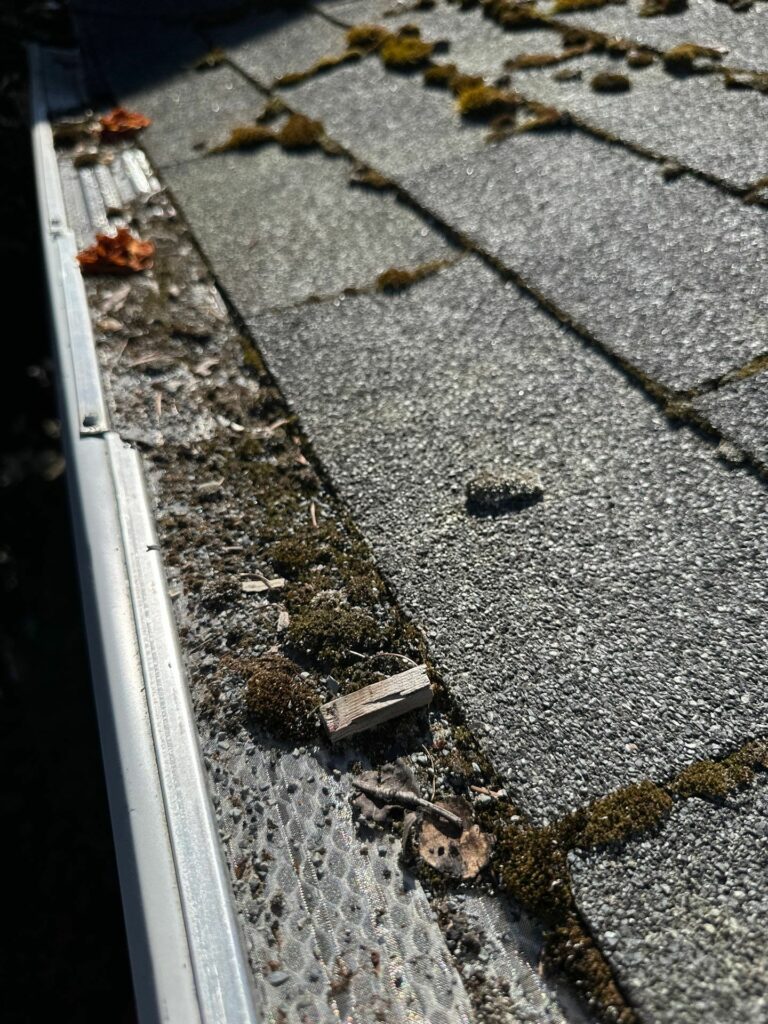
When deciding between Gutter Shutter and Leaf Guard for your home, consider the following factors:
- Home Location and Weather Conditions: The climate and surroundings of your property can influence the performance of the gutter protection system.
- Roof Type and Gutter Size: Ensure compatibility between your roof, gutters, and the chosen protection system for optimal results.
- Budget and Maintenance: Evaluate your budget and long-term maintenance needs to make a cost-effective decision.
- Personal Preferences: Choose a system that aligns with your design preferences and complements your home’s exterior.
Conclusion
In conclusion, both Gutter Shutter and Leaf Guard, as types of gutter guards, offer effective solutions for enhancing and protecting your home’s exterior. Whether you opt for the premium durability of Gutter Shutter or the efficient design of Leaf Guard, investing in a gutter protection system is a wise decision to safeguard your property against water damage and maintain its curb appeal.
When considering Leaf Guard vs. Gutter Shutter, take into account your specific needs, budget, and the overall design aesthetic you aim to achieve for your home. By selecting the right gutter protection system, you can ensure a clean, functional, and visually appealing exterior for years to come.

